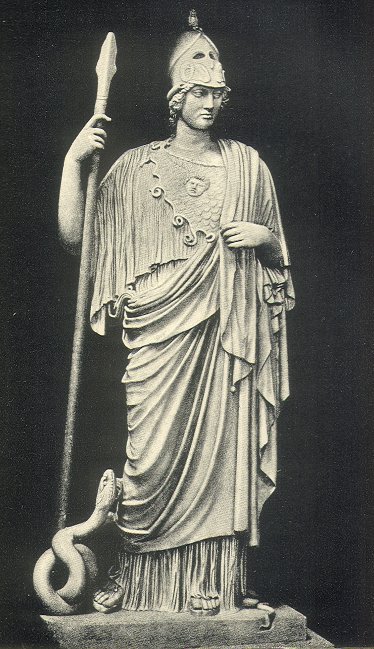"Do not let your fire go out, spark by irreplaceable spark in the hopeless swamps of the not-quite, the not-yet, and the not-at-all. Do not let the hero in your soul perish in lonely frustration for the life you deserved and have never been able to reach. The world you desire can be won. It exists.. it is real.. it is possible.. it's yours."
― Ayn Rand, Atlas Shrugged
Geneva orchestra at Kennedy Center shines with Debussy, Stravinsky
22 FEBRUARY 2015 WASHINGTON POST CHARLES T DOWNEY
When Charles Dutoit filled the leadership void at the Philadelphia Orchestra in 2008, he came to Washington for four consecutive years with that ensemble, always to great acclaim. On Saturday afternoon, Washington Performing Arts presented him again, this time with the Orchestre de la Suisse Romande, in a blockbuster concert at the Kennedy Center Concert Hall.The orchestra from Geneva, which last visited Washington in 1989, shone immediately in Debussy’s "Ibéria," with glimmering washes of string sound and polished contributions from the woodwind section. Dutoit shaped the perfumed second movement with its murky, incense-heavy sighs of sound and guided the orchestra seamlessly into the third movement. The ensemble traded on its history by performing Stravinsky’s "Song of the Nightingale," which was premiered by Ernest Ansermet and the Orchestre de la Suisse Romande in 1919. With top-notch solo work from celesta and principal flute, the musicians revealed this sensationally colored music in all of its riotous variety. The brass, plenty boisterous and full-bodied, only occasionally overstepped in their enthusiasm, including one rare trumpet slip.
The vast orchestra — such an indulgence on an international tour — played its advantages to the hilt in Ravel’s "La Valse," with swooning portamenti in the strings and chromatic runs in the winds creating a boozy, smoke-filled atmosphere. The rubato was so cohesive, the entire ensemble following Dutoit’s every gesture, but the effect was less about virtuosity than subtle coloristic effects. Pianist Nikolai Lugansky was a mercurial soloist in Rachmaninoff’s "Rhapsody on a Theme of Paganini," sometimes leaving the orchestra in the dust, with technical fortitude matched by a lovely sense of restraint, not wallowing at all in the famous 18th variation. Before waving good-bye, Dutoit launched the musicians into a dizzying, perfectly choreographed encore of the "Danse générale" from the end of the second suite from Ravel’s "Daphnis et Chloé." Read

_2013_February.jpg)
No comments:
Post a Comment